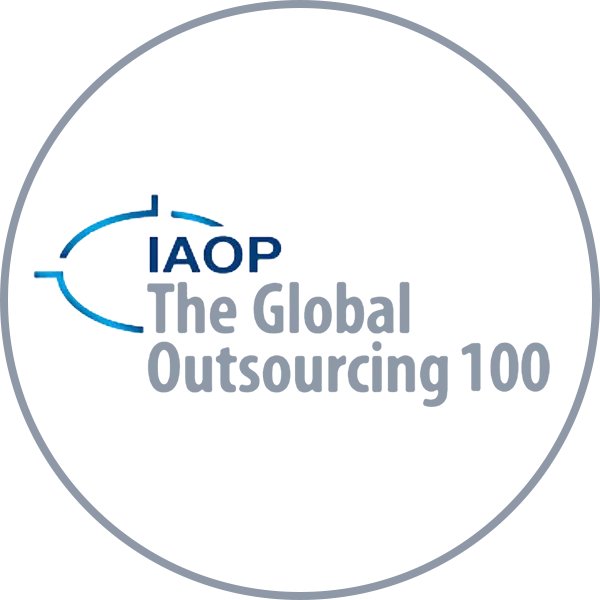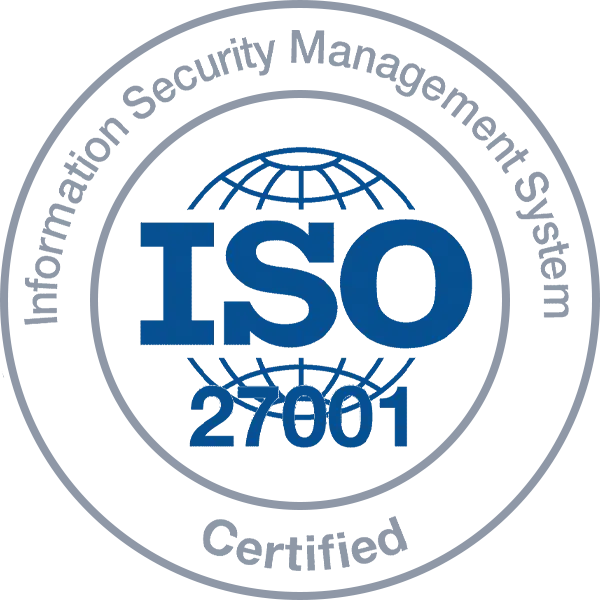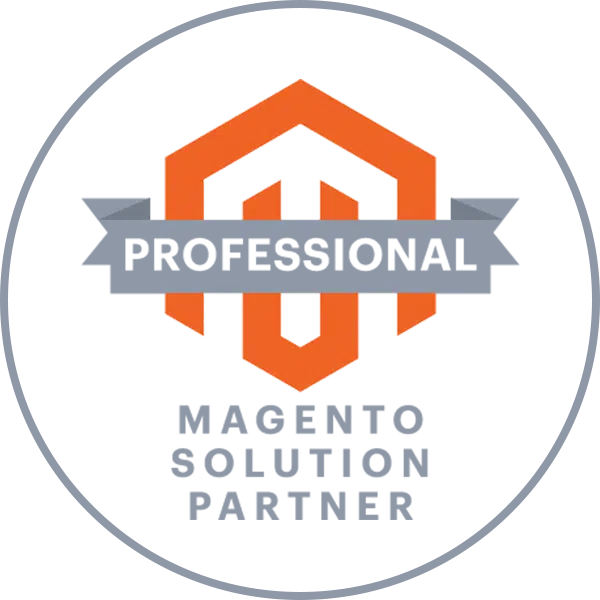The advent of the Internet of Things (IoT) has ushered in a new era of convenience and efficiency, particularly within the realm of domestic living. The smart home industry has been a key beneficiary of IoT technology, transforming everyday households into automated environments that enhance comfort, security, and energy efficiency.
Integration of IoT in Smart Homes
Smart homes harness the power of interconnected devices to provide residents with seamless control over various aspects of their living space. From temperature regulation and lighting to security and entertainment, every element of the home can be synergized through IoT technology.
- Home Automation Systems: These systems form the backbone of a smart home, allowing devices to communicate with a central hub or directly with a user’s smartphone. Via dedicated applications, homeowners can remotely manage their home environment, adjusting settings to suit their preferences even when away from home.
- Energy Management: IoT-enabled devices like smart thermostats learn from occupants’ schedules and preferences to regulate heating and cooling efficiently. This not only reduces energy bills but also contributes to environmental sustainability.
- Enhanced Security: IoT integration extends to home security systems, with smart locks, cameras, and motion sensors providing real-time monitoring and alerts. These systems can be controlled remotely, offering an unprecedented level of security and peace of mind.
- Convenience and Personalization: Smart home technology personalizes the living experience, with automated lighting scenarios, music playlists triggered by specific events, and voice-activated assistants that handle daily tasks.
Challenges and Considerations
While IoT holds immense potential for the smart home industry, it is essential to address several challenges to ensure widespread adoption and maximum benefits:
- Privacy and Security Concerns: As smart homes collect and transmit sensitive data, robust cybersecurity measures must be put in place to protect against data breaches.
- Interoperability and Standardization: With multiple vendors and devices, achieving seamless interoperation between different smart home products is crucial to avoid creating fragmented ecosystems.
- Affordability and Accessibility: Making IoT technology more affordable and accessible is key to democratizing smart home benefits across various socioeconomic segments.
The future of the smart home industry is intrinsically linked with the advancement of IoT technology. As we continue to innovate and address the challenges faced by this industry, we move closer to realizing the full potential of smart homes. The ultimate goal is to create living spaces that not only enhance comfort and convenience but also promote energy conservation and improve overall quality of life.
In conclusion, IoT is not just a technological enhancement; it is a catalyst for revolutionizing the way we live in our homes. As we embrace this technology, we step into a future where our living environments are intelligently designed to cater to our needs and desires, offering a level of personalized comfort that was once beyond imagination.








